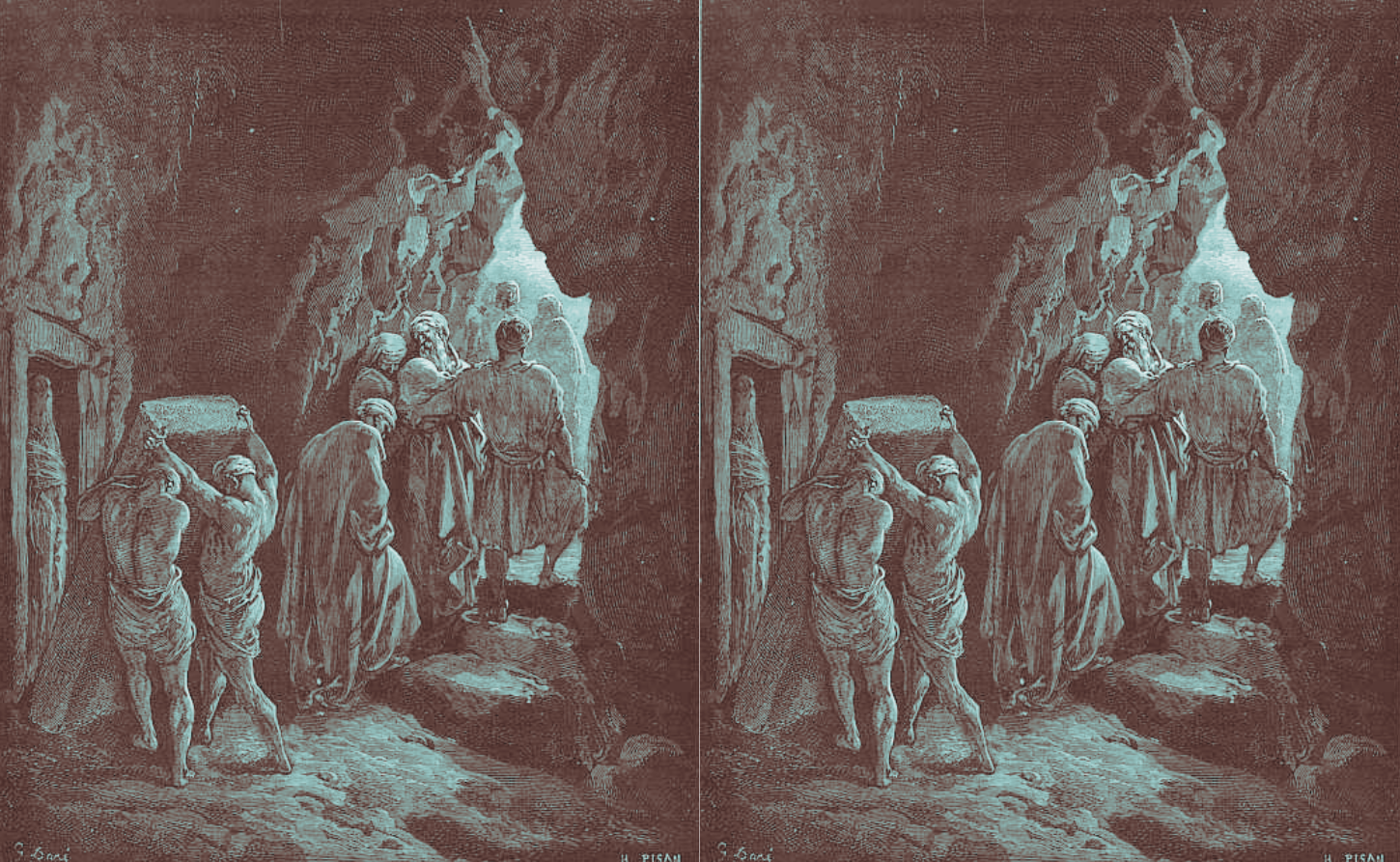Nedarim 25
“If you two don’t stop fighting, I swear I’m going to stop this car and make you walk!” As the parent of two children and a carpool duty veteran, I admit to having uttered such threats in the past, albeit without following through (at least on the second part). On today’s daf, we learn the […]
Continue Reading









